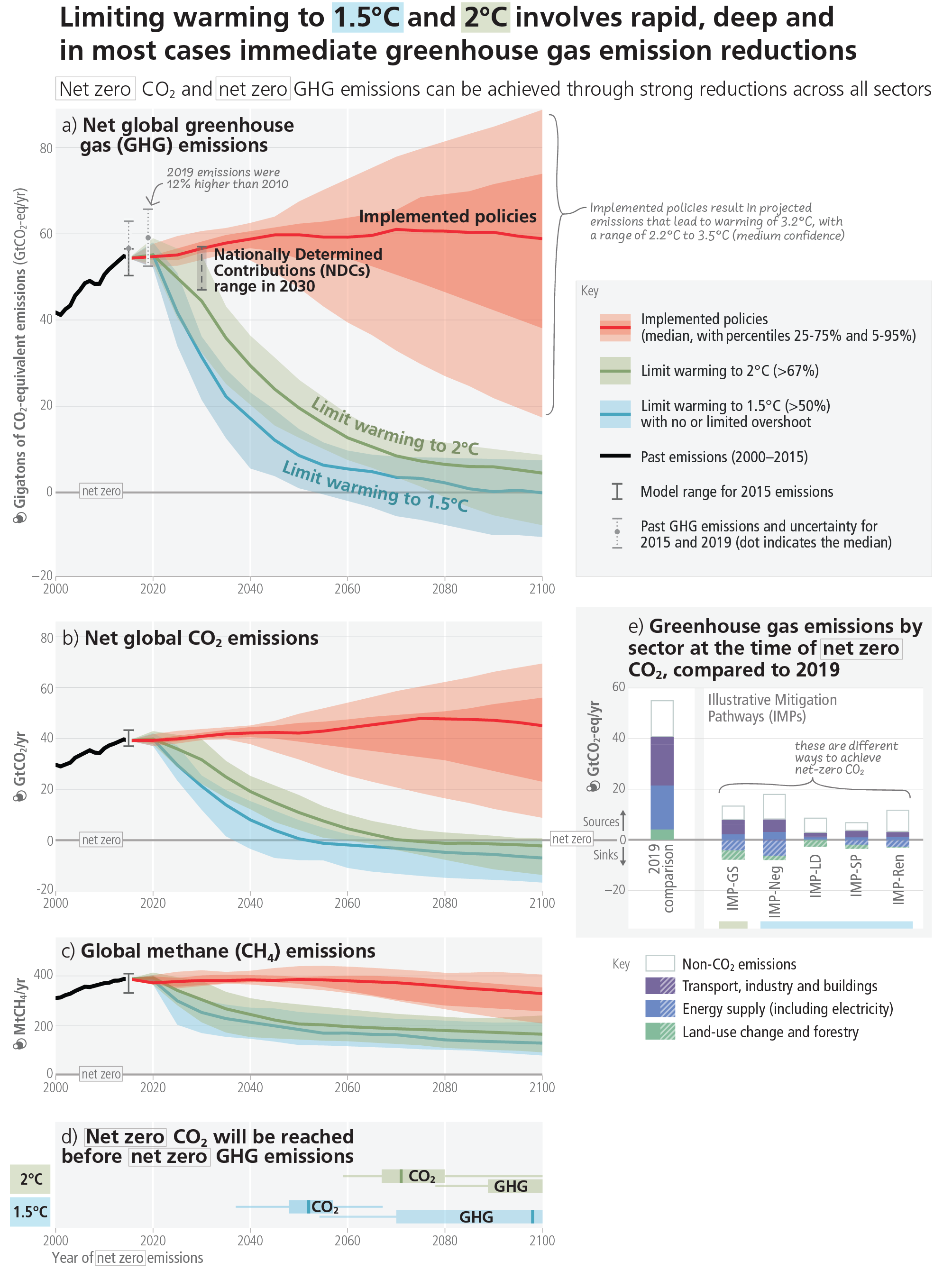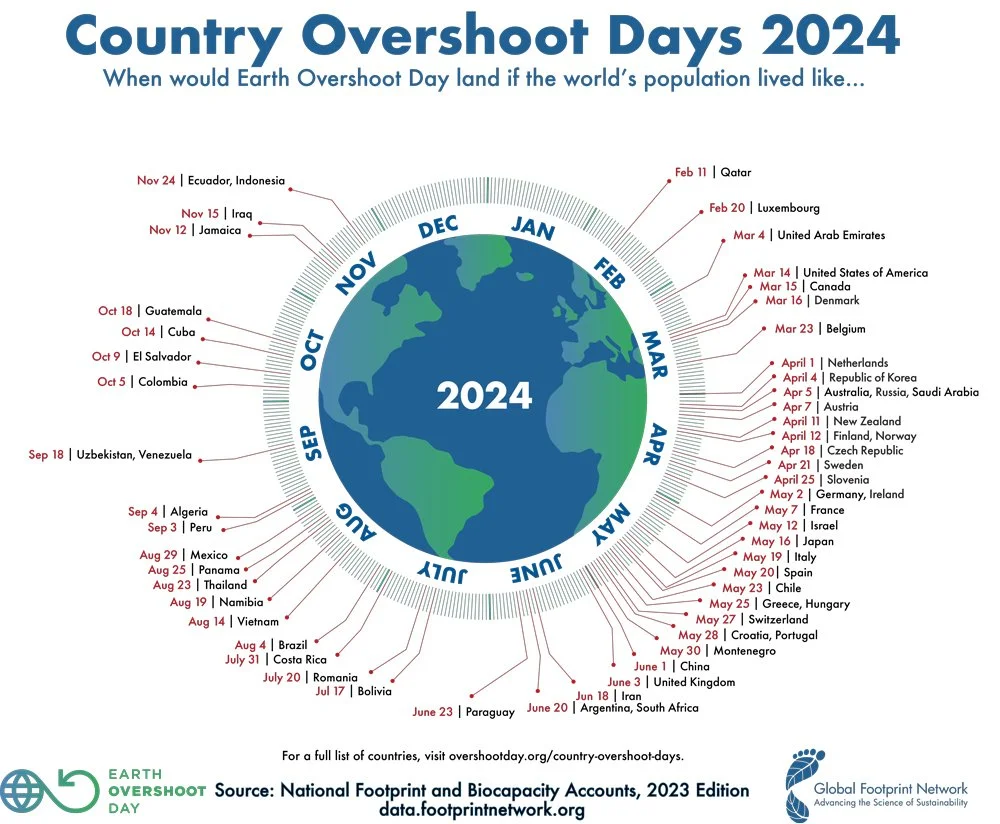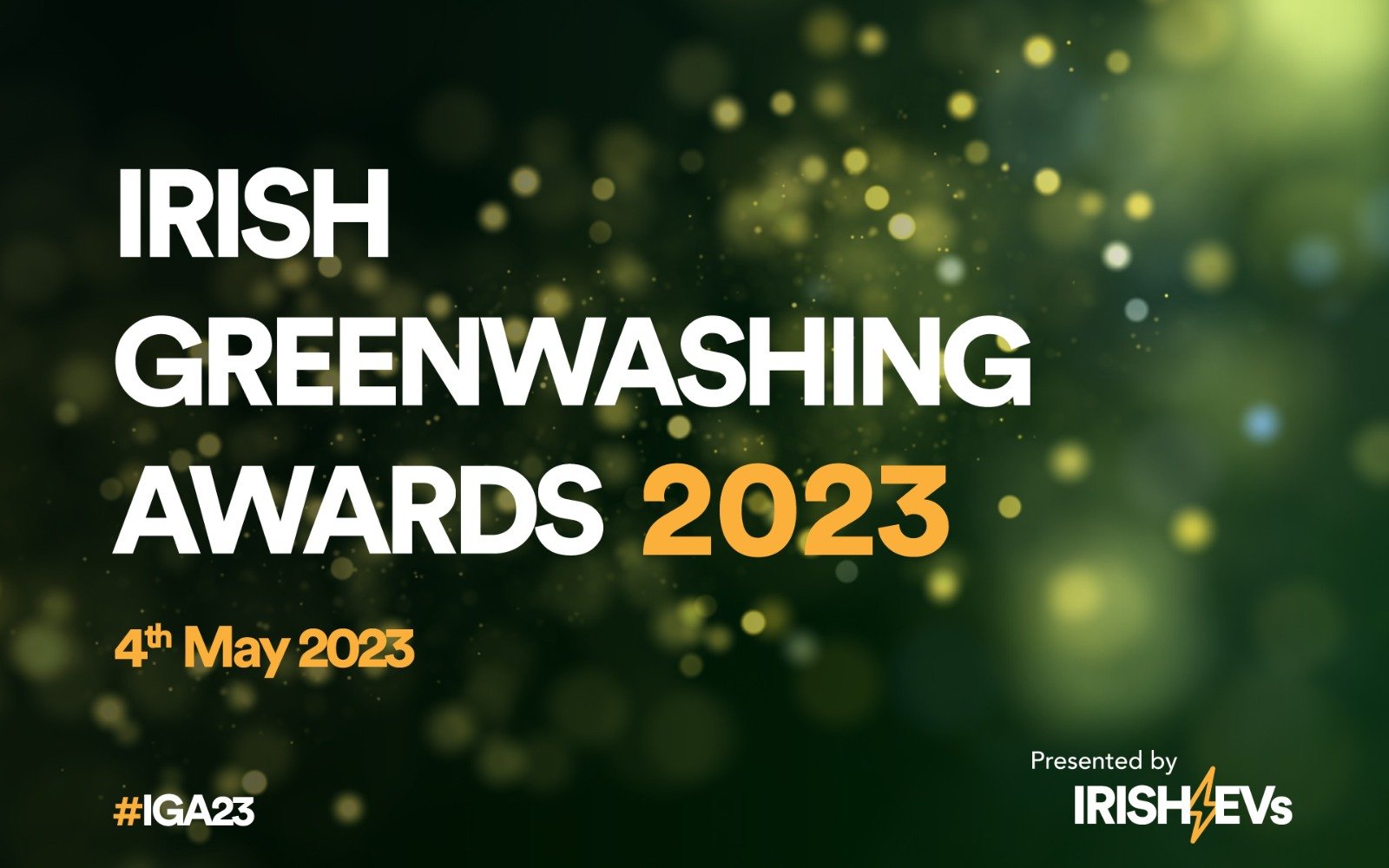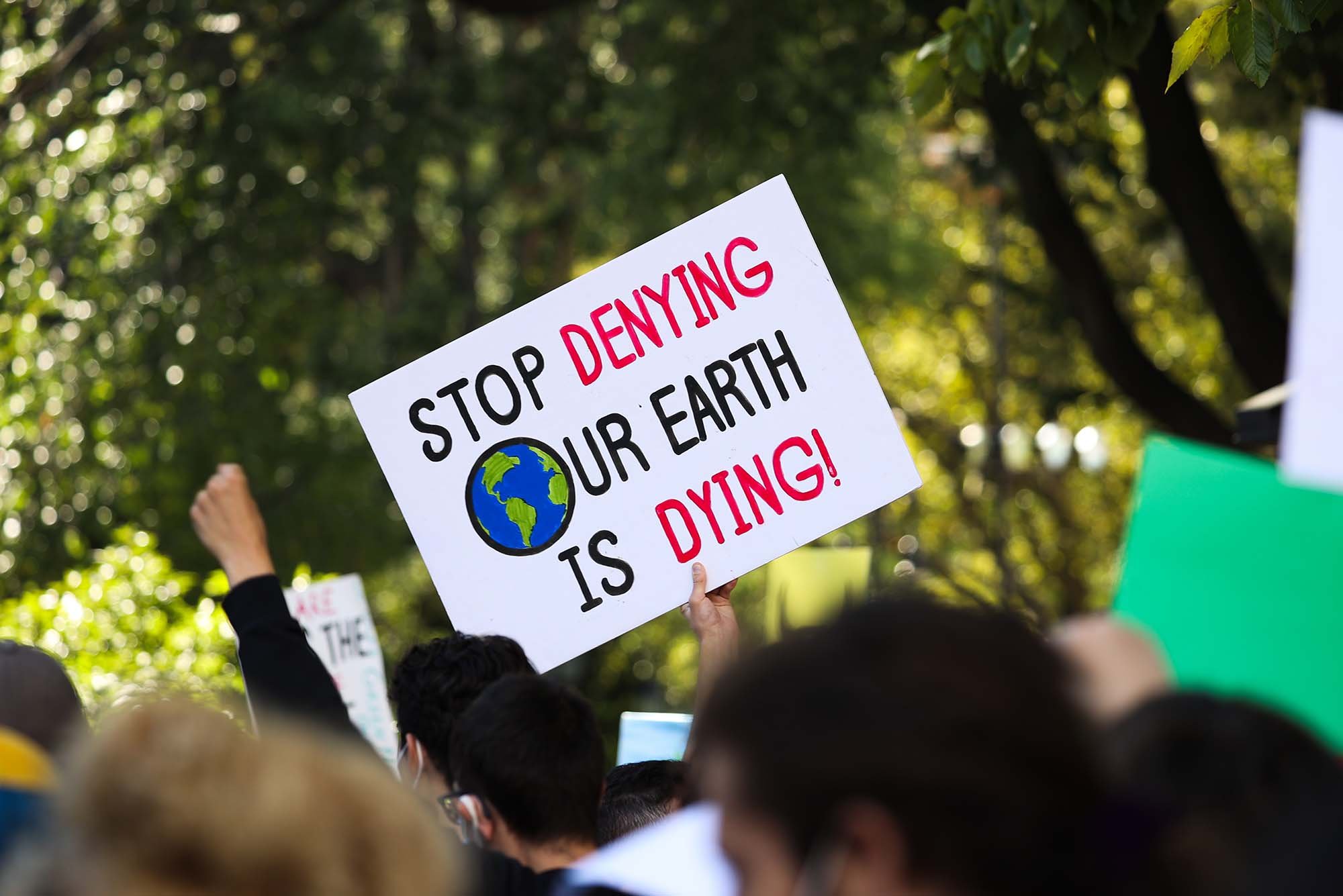
The Apathy Crisis
At the beginning of her brilliant Planet: Critical Podcast (a must for anyone interested in the planetary crises), Rachel Donald opens with the same question in each episode: Why is the world in crisis?
This brilliant, expansive question inspired this article.
While we often write about greenwashing or climate denial, we think it is time to consider the other factors that are driving the dual Biodiversity and Climate Crises, specifically apathy.
Apathy might just be the single biggest threat to taking action on the Climate Emergency while we still have the opportunity to avert the worst outcomes. While climate denial and greenwashing are concerted efforts to maintain the vested interests of others, apathy is about protecting our own vested interests – but it is also the easiest issue to overcome.
All it takes is for us to confront ourselves and move from a position of apathy to a position of empathy.
Apathy in Action
To see the impact of apathy in action, all we have to do is look at the housing crisis.
As is the case in many European nations, almost everyone in Ireland is affected by the housing crisis – whether you are a renter yourself, or your friends and family members are. Getting on the property ladder and breaking free from an increasingly exploitative renting market is one of the most unifying experiences in modern Irish life.
Yet we can see that there is overwhelming apathy towards the housing crisis – and not just from politicians and landlords.
There is little in the way of daily or weekly uproar from ordinary people. No concerted effort to protest for change or a nationwide strike on rent payments or taxes in order to effect meaningful change on this issue.
Most people, most of the time feel overwhelmed by the scale of the crisis and are doing their best to resolve their own situation.
We might take to social media to complain (a platform where no one in power is really listening or engaging), or we might moan to our friends about it, but nothing major has changed as there has been little direct action on this issue.
Worse still, in Ireland, we simply accept that whole generations will fly around the world to places where there are better paying jobs and more affordable rent markets. This not only caused brain-drain, but also vast national grief.
We are already failing to take necessary action on the Climate Emergency. Apathy has played a role in us missing emissions reduction targets, and we are way off course. Action through empathy can bring us back on course. Credit: UN IPCC AR6 Synthesis Report
And yet, still there is apathy.
We have been told that there is nothing we, as individuals, can do to amend the situation, so we just accept it. And this perpetuates the problem.
Even in the most extreme cases we can see this in action: one hundred thousand Irish people will march calling out the abject horrors of the genocide in Palestine. Many more will also give to charity. But in a nation of five million people, the majority are apathetic to the plight of those suffering in Gaza.
The reality is that it doesn’t even take all of us to care. Repeated social studies have shown that it only takes 25% of the population to reach the critical mass needed to make societal change.
If everyone on Earth lived the way Ireland does, we would have consumed all the resources that the planet can provide in a year by 2nd May 2024. We must all acknowledge our role in over-consumption and play a part in climate action. Credit: Global Footprint Network
Banality of Evil
It isn’t that the majority of us don’t care or that we lack compassion. Its that our care and compassion doesn’t actually lead to action, we’re just passive.
In psychological terms, this is the ‘banality of evil’.
The idea that ordinary people can commit or empower atrocities without awareness, care or being an active participant.
Yes, there many be perpetrators who are acting with forethought and malice to make these bad things happen, but the rest of us are doing nothing to stop it: and thereby actively empowering them.
How many of us can actually say that we’re doing all we can to fix the housing market, to stop the genocide in Gaza, or to avert the worst outcomes of the Climate Emergency before it’s too late?
Apathy in Climate Education
Much of this disempowerment and apathy is taught to us through the education system and the press.
For many of us under the age of 40, we will have been taught about the Climate Crisis in school. It may have been framed as ‘global warming’ depending on your age, but the fundamental science was the same.
The issue was that we were taught – and are still being taught – that the Climate Crisis would affect our great-grandchildren, or our great-great-grandchildren.
Yet the effects of the Climate Emergency – floods, crop failures, extreme heat – are already here.
The timescale we were taught in school engendered apathy. It created the idea that we wouldn’t be personally affected, and so we don’t really need to care.
That is still the overriding message being promoted by politicians and the media.
They talk of far-off deadlines like 2050, or how overwhelming the scale of the crisis is, or how tiny individual acts can help solve the problem. They don’t care, and we know it. And this too creates apathy within us.
Don’t forget that these are the same news publications and politicians that helped the oil industry to sell us misinformation for decades while they were fully aware of not only the reality of the Climate Crisis, but how urgent it was – and that rapidly ending fossil fuel use was the most vital component of climate action.
This apathy about the Climate Emergency also extends to those who are already most affected by the Climate Crisis.
Those people living in the Global South who typically have vastly less money than us, fewer means and resources to mitigate the impact of the Climate Emergency, and who stand to lose everything a lot faster than us in the Global North.
Their livelihoods, lives and entire cultures are on the line.
Not to mention that entire ecosystems and whole food webs are likely to die out in our lifetime.
But the majority of people in the Global North couldn’t care less.
And yet, if we were better educated not only about the underlying climate science, but also the urgency of the timeline for action, and what can be done to stop the worst outcomes on both a personal and global level, then we genuinely think most people would step up.
Once you, as an individual, have to confront that apathy is complicity in your own death on a dying planet – as well as the death of millions of others and the displacement of billions more – then we have to hope that most people would step up.
Frankly it is the only way to survive.
The choices we make now will affect ourselves, future generations and every living organism on Earth. Nothing is immune to the Climate Emergency, and we must all play a role in averting runaway climate breakdown. Credit: WWF
From Apathy to Empathy
You need to hear this, internalise this, and accept this:
The Climate Emergency is real.
It is caused by the actions of people.
It is happening at a rapid pace, and we have a few short years to avert the worst outcomes.
People will die, ecosystems will collapse, and the world will never be the way it was.
What we all have control over is just how bad things get, how many will die, how many will be displaced, and what kind of equality there will be in dealing with this ubiquitous crisis.
Once you accept this – and that is no mean feat (why else do you think climate anxiety is on the rise?) – then you need to decide whether you are going to play an active role in being part of the solution or continue to be apathetic, and thereby allow the problem to continue and worsen.
This is the only real choice we have this deep into the Climate Emergency.
As soon as you choose empathy – empathy for yourself, for other people, for other living organisms, and for the living planet itself – then you are already electing to be part of the solution.
The next step is to start living empathetically.
Start by understanding your role in the Climate Emergency. How do your levels of consumption, your climate footprint, compare to the global average – or those in the poorest nations that are already being ravaged by the Climate Crisis.
This will help you understand the so-called ‘Climate Fair Share’.
Within the remaining carbon budget, where can you make effective cuts that free up resources for those in greater need than you. For instance, in Ireland, the average person has a carbon footprint almost three times greater than that of the average person in Earth – and 55% higher than the EU average.
Eat less meat, buy less stuff, fly less (or not at all). Make whatever changes you can, understanding that those decisions aren’t about the loss of options or opportunity; they are about creating a better, fairer, more equal world for yourself and others.
And then, once you are living empathetically and feeling the benefits of the changes that you have made for yourself and others… fight!
Stand up and make your voice heard. Protest on the streets, email your politicians, take part in direct action, vote, do whatever you can to play an active role in creating a better, fairer future on a liveable planet.
Right now, we stand to lose everything. There is no room for apathy or delay, and we simply cannot do enough to avert runaway climate breakdown and the cataclysm that will bring. Are you doing all you can?
What To Read Next
Irish Greenwashing Awards 2023
The second annual Irish Greenwashing Awards highlight the prevalence of greenwashing, award the worst offenders, and call for urgent anti-greenwashing legislation to protect the people of Ireland
Ireland Urgently Needs Anti-Greenwashing Legislation
It is imperative that the Irish Government follows the examples of France & the Netherlands to introduce legislation to protect Irish people from greenwashing






